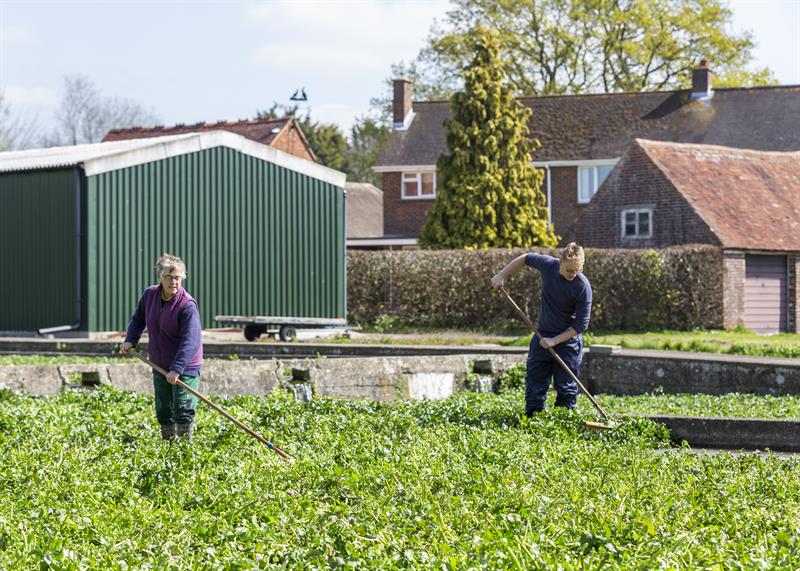The main points from the plan that will impact employers take effect on the following days.
Key dates
From 24 February
There is no longer a legal obligation to self-isolate following a positive test. Those who test positive will be advised to stay at home and avoid contact with other people for at least five full days and then continue to follow the guidance until they have received two negative test results on consecutive days.
Close contacts who are not fully vaccinated will no longer be required to self-isolate and there will be new guidance with what precautions to follow.
There is no longer a legal obligation for individuals to tell their employers when they are self-isolating.
From 17 March
The SSP rebate scheme will close. Employers have up to and including 24 March 2022 to submit any final claims or amend claims they’ve already submitted.
From 24 March
The Covid-19 provisions within the Statutory Sick Pay (SSP) rules will no longer apply.
Waiting days will apply in relation to those absent due to Covid-19. SSP will only be payable to those who are not capable of working.
From 1 April
There will be updated guidance setting out the ongoing steps that people with Covid-19 should take to minimise contact with other people.
There will be specific guidance for those with weaker immune systems and are at higher risk of serious illness from Covid-19.
Free asymptomatic testing will end in England.
Risk assessments will no longer have to explicitly consider Covid-19.
The existing set of ‘Working Safely’ guidance will be replaced with new public health guidance.
Your statutory duty to protect workers’ health and safety
It is important to remember that the end of Covid-19 legal restrictions does not alter an employer’s existing statutory duty to protect their workers’ health and safety. The lifting of restrictions are all likely to impact employers in many ways, as the onus for making decisions regarding what to do when a worker appears to have Covid-19 will now fall onto businesses.
Employers are encouraged to plan for the future and consider:
- What their policy will be for workers who want to continue working but are suspected to have Covid-19, or those who are not fully vaccinated and are a close contract?
Although the legal obligation to self-isolate has ended, an employer can have their own restrictions in place in response to their risk assessments. However, there may be some resistance from workers where policies are different to legal obligations unless such policies are justified.
- Will there be any change to sick pay entitlements for those with Covid-19?
Where employers are requiring their employees to stay away from the workplace, there will usually be a requirement to pay full pay. If employees are not going to paid, they are less likely to disclose any illness or symptoms if they believe they are still capable of working.
- How will they manage any situations where a worker doesn’t want to come to work where a colleague in the workplace is suspected to have Covid-19?
- Although there will be no legal obligation to do so, will there be a policy requiring workers to notify the employer of any Covid-19 symptoms they may have?
- Will there be any change to any policies relating to vaccination?
- A review of their health and safety policies and general risk assessments. Although businesses won’t be explicitly required to consider Covid-19 as part of their risk assessments, they still have an overriding duty to identify and manage workplace risks. Covid-19 is likely to be a workplace risk for some time to come yet.
- Will they want to continue with/start testing within the workplace? Will the employer be providing tests when they are no longer available free of charge to the public?
- How are workers expected to distinguish between Covid-19 symptoms and an ordinary cough or cold if they have no access to free testing?
- Are any new measures needed for any staff that are classed as extremely clinically vulnerable?
- If face coverings or social distancing is still operating within the workplace, will there still be a need for this to continue?
- A review of any working from home (if applicable).
What employers should do now
Employers should continue to follow the government’s working safely guidance until it is replaced, but also start to think about what measures of their own they may want to introduce. They should be prepared to review and update policies as and when further guidance is published so that they can balance the health and safety of people in the workplace against living with Covid-19.
Any changes in policy or instructions will need to be reasonable.
How can we help?
Please contact NFU CallFirst on 0370 845 8458 to speak with one of our specialist advisers for further advice and guidance on how to approach any of these issues.
